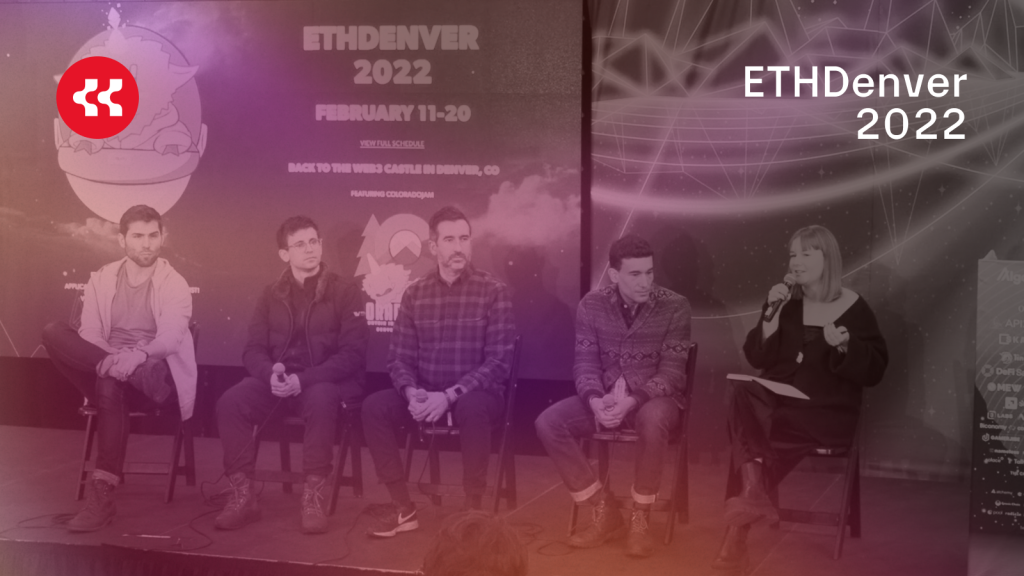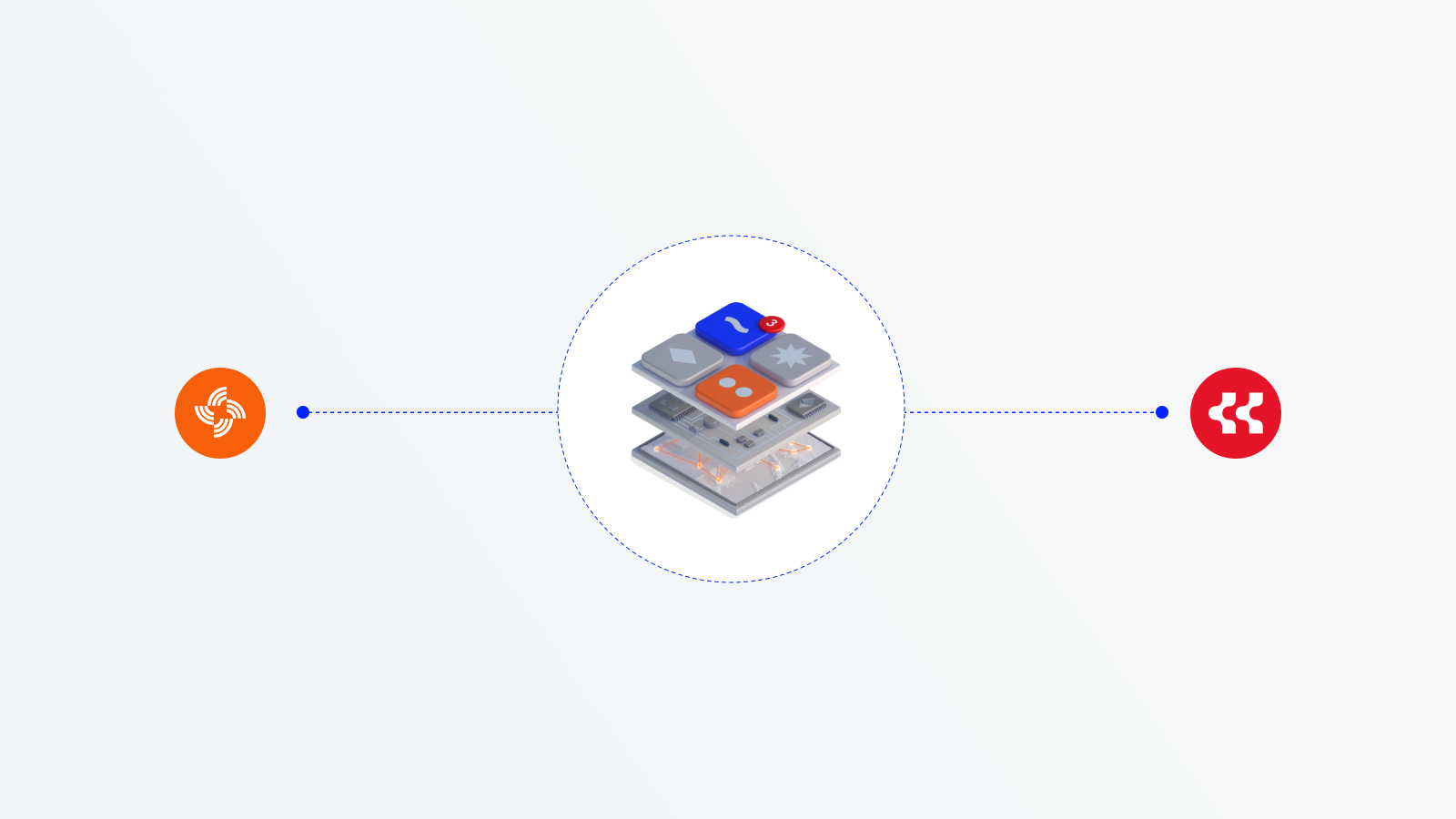
ETH Denver is a community-owned innovation festival in the web3 space that is committed to building a decentralized future. In the following panel, we have executives from Polygon, Streamr, DIMO, Re-Public and Data Union DAO talking about data ownership.
Beyond self-sovereign ownership of our data, the panel investigates how users earn crypto rewards and unlocking new x-to-earn use cases.
Panel: Onboarding web2 to web3 via Data Unions
Featuring executives from Polygon and Streamr and two startups that are using the Data Union DAO’s smart contracts: DIMO and RePublic.
Panelists
Matthew Rossi, VP of Product at Polygon and co-founder at Data Union DAO
Marlene Ronstedt, ex-Streamr and co-founder at Data Union DAO
Yevgeny Khessin, Founder at DIMO
Rob Solomon, co-founder at DIMO
Keith Axline, Founder at Re-Public
Overview of Data Unions
Facebook and Google are monetizing our data and we know that there is nothing we as the end users can do about it, we are the product and have no say in how our data is used.
The Data Unions smart contracts and SDK are introducing new models of data ownership. Users now have a way of earning money from when their data is sold.
Data Unions will help bring in the next million users into the space. With Swash, the world’s first and largest Data Union at over 300k installs we are already 30% there.
How users own their data in the third web
The Data Unions smart contracts and SDK are an easy solution for developers to issue token incentives in exchange for the user’s data. Data Unions leverage the Streamr network for the transfer of end-to-end encrypted data and the Data Unions smart contracts for the transfer of token incentives.
In the case of DIMO, drivers connect their car via the (Tesla) app or DIMO miner, once connected drivers learn a lot of useful information about their car. From tire pressure and mileage driven to detailed information about the vehicle’s battery life. On top of a useful product, DIMO issues their token incentives via the Data Unions smart contracts which help them to distribute token rewards in the most cost-efficient and scalable way possible.







